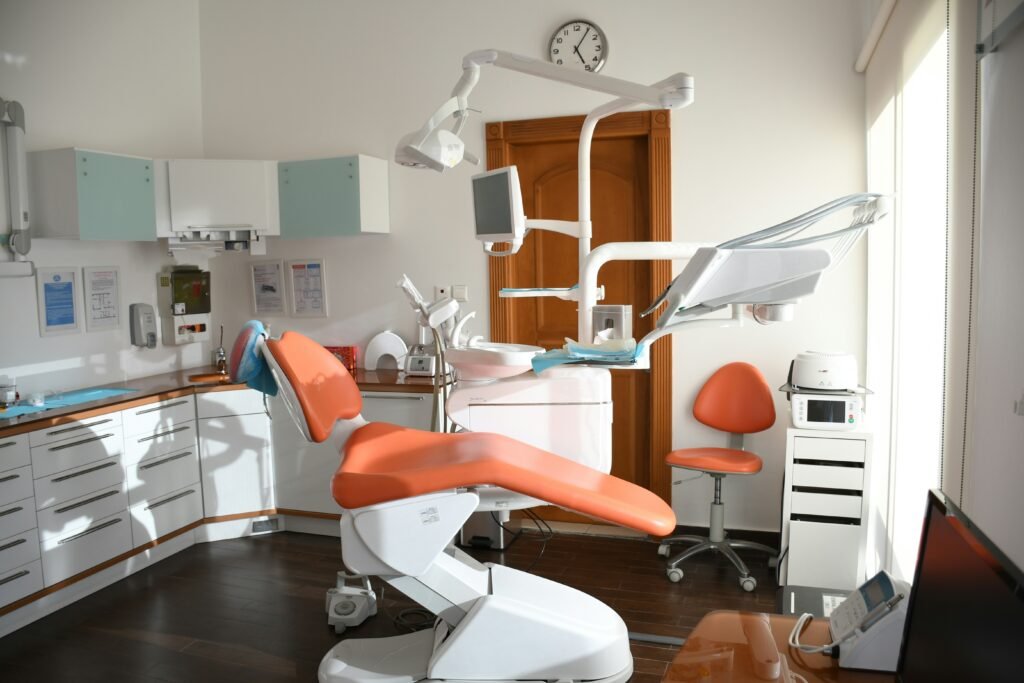The Importance of Regular Dental Examinations: Protecting Your Oral Health for a Lifetime

Regular dental examinations play a crucial role in maintaining optimal oral health and
preventing dental problems before they escalate into more significant issues. Despite
their importance, many individuals overlook or postpone dental check-ups, often due to busy schedules or fear of the dentist. In this blog post, we’ll highlight the significance of regular dental examinations, what to expect during a typical dental check-up, and how prioritizing preventive dental care can safeguard your smile and overall well-being.
The Importance of Regular Dental Examinations:
- Early Detection of Dental Issues: Regular dental examinations allow your dentist
to identify and address dental problems in their early stages, such as tooth
decay, gum disease, and oral infections. Early detection can prevent these issues
from progressing and requiring more invasive treatments down the line. - Preventive Care and Education: Dental check-ups provide an opportunity for
preventive care and patient education. Your dentist can offer personalized oral
hygiene tips, dietary recommendations, and techniques to help you maintain
optimal oral health between visits. - Gum Disease Detection: Gum disease is a prevalent oral health condition that
can lead to gum recession, tooth loss, and even systemic health problems if left
untreated. Regular dental examinations enable your dentist to detect signs of
gum disease early and recommend appropriate treatment to prevent its
progression. - Oral Cancer Screening: Oral cancer is a serious and potentially life-threatening
condition that affects thousands of individuals each year. Dental examinations
include a thorough screening for oral cancer, allowing for early detection and
prompt intervention if any abnormalities are detected.
What to Expect During a Dental Examination:
- Comprehensive Evaluation: Your dentist will perform a comprehensive
examination of your teeth, gums, and oral tissues, looking for signs of decay,
gum disease, oral cancer, and other dental issues. - X-rays: Dental X-rays may be taken to detect cavities, assess the health of the
jawbone and tooth roots, and identify any underlying dental problems not visible
during the clinical examination. - Professional Cleaning: A dental hygienist will perform a professional cleaning to
remove plaque, tartar, and surface stains from your teeth, promoting optimal oral hygiene and preventing gum disease. - Discussion and Treatment Planning: Your dentist will discuss their findings with
you, answer any questions or concerns you may have, and develop a
personalized treatment plan tailored to your unique oral health needs and goals.
Maintaining Your Oral Health Between Visits:
● Brush your teeth at least twice a day with fluoride toothpaste and floss daily to
remove plaque and bacteria from between your teeth and along the gumline.
● Limit consumption of sugary and acidic foods and beverages, which can
contribute to tooth decay and enamel erosion.
● Avoid tobacco products and excessive alcohol consumption, which are
significant risk factors for gum disease and oral cancer.
● Schedule regular dental check-ups and cleanings every six months or as
recommended by your dentist.
Conclusion:
Regular dental examinations are a cornerstone of preventive dental care and essential
for maintaining optimal oral health throughout your life. By prioritizing routine dental
check-ups, you can detect and address dental issues early, prevent oral health problems from escalating, and enjoy a healthy, beautiful smile for years to come. If you’re due for a dental examination, don’t delay—schedule an appointment with your dentist today and take proactive steps to protect your oral health and overall well-being.
